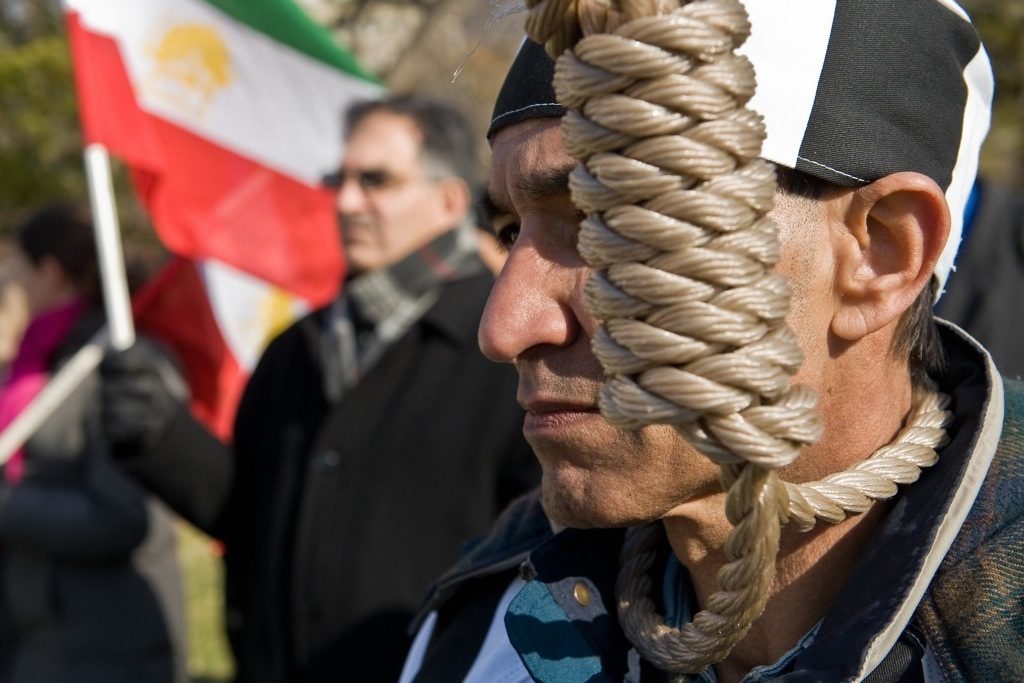This time last year, European Parliament President Martin Schulz wrote to the speaker of the Iranian parliament, expressing grave concern about 26 year-old Reyhaneh Jabbari, who had been sentenced to death for defending herself against sexual assault by a government security official.
Mr Schulz asked for a “fair retrial, in line with well-established universal standards, and without recourse to the death penalty.” However, Ms Jabbari was sadly hanged two weeks later despite a worldwide campaign to save her.
Iran has the highest rate of executions in the world per capita that has increased sharply since the ‘moderate’ President, Hassan Rouhani, came into office two years ago.
It is very regrettable that while the EU and world powers were negotiating over a nuclear deal with Iran, the regime was busy hanging hundreds of its citizens, many of them carried out in public.
Amnesty International released a shocking report that 700 executions took place in Iran only during the first six months of this year. “Iran’s staggering execution toll for the first half of this year paints a sinister picture of the machinery of the state carrying out premeditated, judicially-sanctioned killings on a mass scale,” Amnesty stressed.
Rouhani himself has defended these executions and has stated clearly on Iranian TV that death sentences “are the law of God” and must be implemented. Nearly all of the opposition activists in prison, before he was elected, are still in prison and some have been hanged.
Repression of women has become law during his term. New legislation gives unprecedented power to security agents to target women for “improper veiling” paving the way for numerous acid attacks against girls and women disfiguring their faces. Another law gives the right to a step-father to marry his adopted daughter as soon as she is nine and women who are not married or don’t have children will be given less chances to get jobs and benefits, according to another bill adopted recently in Parliament.
This weekend, coinciding with the European and World Day Against Death Penalty, President Schulz is visiting Iran for the first time. He has been invited by the same Iranian Parliament Speaker he had pleaded unsuccessfully to a year ago to stop Reyhaneh’s execution.
Together with 115 other MEPs this week, we wrote to Mr Schulz and reminded him: “While Iran is boasting about improved ties with the west, the European Parliament, which represents half a billion European citizens with common democratic values, has a duty to put human rights as a top priority for any expansion of relationship with this regime, setting an example for our EU governments.”
“We therefore urge you to use the occasion of this visit to publicly denounce human rights abuses in Iran and call for ending public executions,” we wrote.
We also asked him to try to meet with prisoners of conscience Narges Mohammadi, Atena Faraghdani, Atena Daemi and Ali Moezi, who were put behind bars for their peaceful activities.
It is time that we in the EU who are rightly proud of having abolished capital punishment, speak out against the world’s leading executioner state. President Schulz, visiting Iran on the International Day against Death Penalty, would be the best occasion to do so.
Gérard Deprez is chairman of Friends of Free Iran in the European Parliament
World Day Against Death Penalty: Time to Speak Out on Iran
This is an opinion article by an external contributor. The views belong to the writer.

